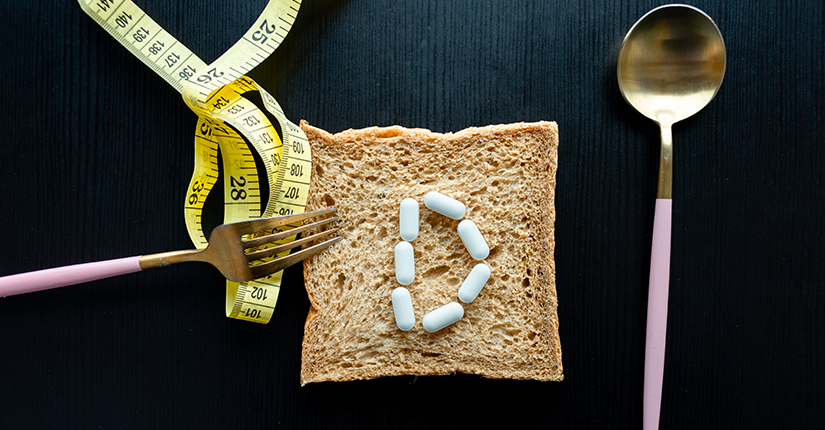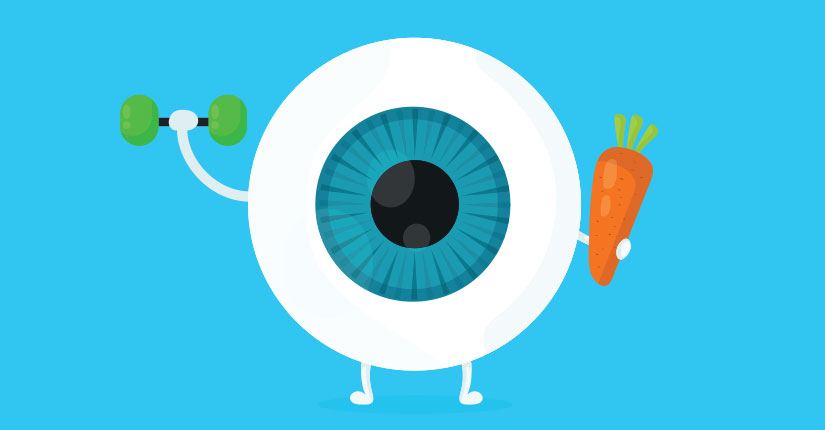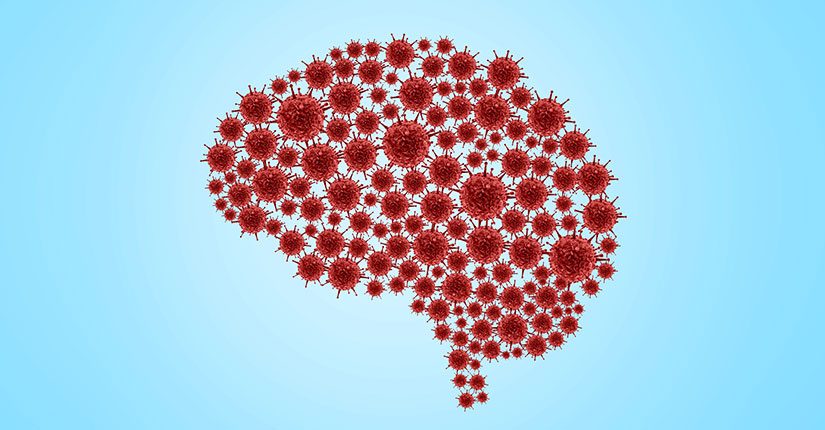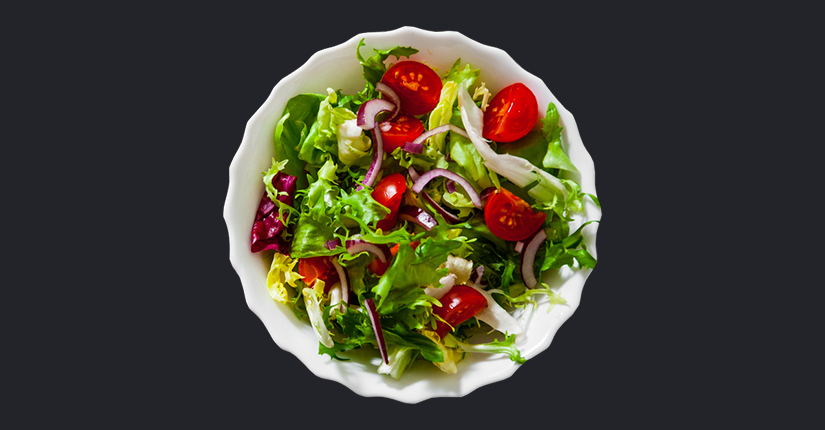Adapt the MIND Diet to Prevent and Manage Alzheimer’s Disease
By Nmami Agarwal 02-Jun 2020 Reading Time: 5 Mins

The brain is the master of all the organs in the human body. It is the brain that controls and manages how our body will function. Any imparity to the brain can hamper the growth and performance of the body. Preserving and protecting our brain is necessary for it to operate in the long run and to avoid the risk of any neurological disorders.
Alzheimer’s Diseases
Alzheimer’s disease is a condition in which brain cells and their connections start degenerating and dying, which results in memory loss and important mental functions are destroyed. Women are at a higher risk of developing this disease. Almost two-thirds of American women suffer from Alzheimer’s. The disease sets off with forgetting events, appointments, and conversations and eventually starts degrading resulting in severe imparities. People suffering from Alzheimer’s show symptoms such as repeating statements, repetitive questioning, getting lost in familiar places, misplacing things, and find it difficult to express their thoughts. The ability of reasoning and decision-making starts declining too.
What’s MIND Diet
Preserving your brain health is of utmost importance to rule out any chances of developing brain imparities. Eating nutritious food can assist in protecting brain function. Have you heard of the DASH diet? Dietary Approaches to Stop Hypertension (DASH) diet is recommended for people who are suffering from hypertension. The aim is to treat or prevent hypertension and reduce the risk of heart diseases. The DASH diet combined with the Mediterranean diet (a diet that promotes a healthy functioning heart) results in a very healthy diet known as the MIND diet. The MIND diet is effective in reducing dementia and protects brain health which starts deteriorating as people get older.
MIND stands for Mediterranean-Dash Intervention for Neurodegenerative Delay and its motive is to improve the brain function and reduce brain imparities. An observational study with aged adults showed that people who regularly consumed the MIND diet have a low risk of developing Alzheimer’s disease and their cognitive ability is also intact.
This is what the MIND diet looks like:
- Berries: All fruits are not linked with improving brain function but berries are a game-changer. Eat berries twice a week.
- All vegetables: At least once a day along with other green leafy vegetables.
- Green leafy vegetables: Six or more servings of kale, spinach, and salads in a week.
- Whole grains: Eat three servings daily. Some whole grains include oatmeal, quinoa, whole grain bread, whole-wheat pasta, and brown rice.
- Nuts: Five servings or more every week.
- Olive oil: Ditch other oil brands and start using olive oil to cook all your meals.
- Beans: Consume beans more than three times a week. Add it with other vegetables and try other recipes to bring a new taste to the palate.
- Fish: It is rich in Omega-3 fatty acids. Consume fish once every week.
- Poultry: Eat poultry such as chicken at least twice a week.
- Alcohol: One glass of wine daily but no more than that. Both red and white wine may contribute to brain health.
- Fried and fast food: Less than once a week.
Footnote
Researchers have carefully studied the MIND diet and suggested the possible and effective benefits of the diet. The diet is flexible and easy to follow. The MIND diet cuts down the consumption of red meat, cheese, butter, and sweets as it contains saturated fat and trans-fat.





















